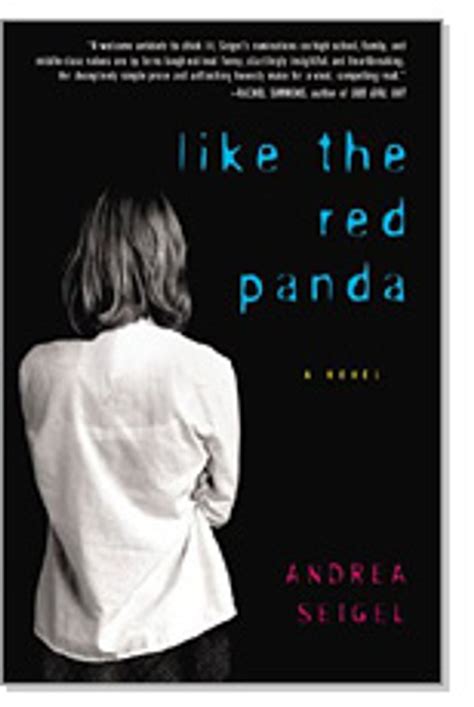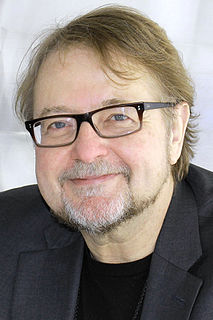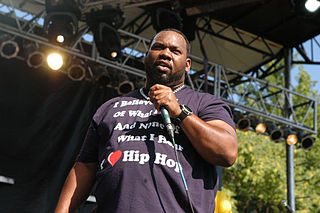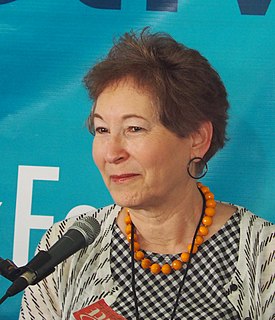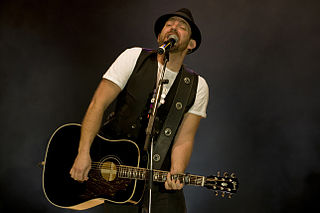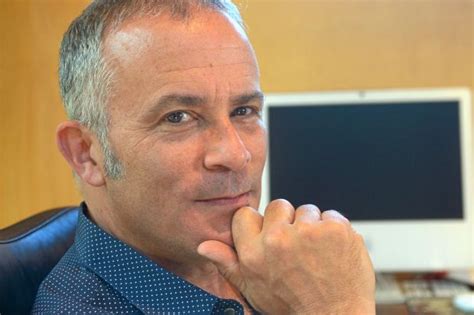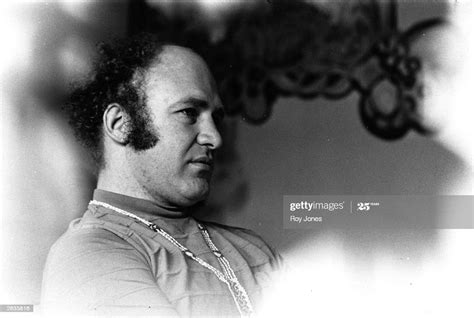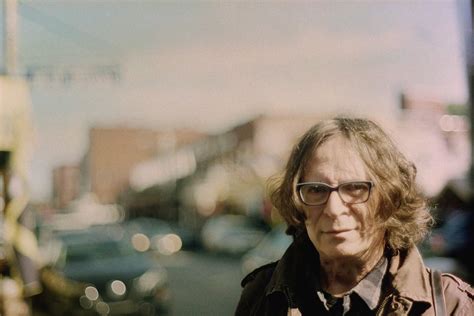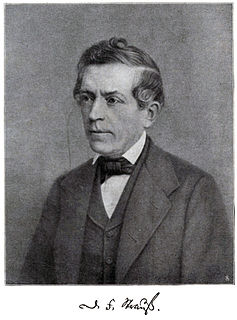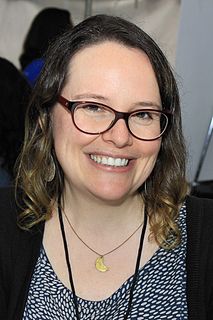Top 38 Narrators Quotes & Sayings
Explore popular Narrators quotes.
Last updated on April 14, 2025.
Before I think we was emcees, we was more or less narrators too. Because if you look at the early '80s hip hop, it was so much creativity goin' on with artists like then, like Slick Rick, then you had Rakim, and you had these different kind of artists back then. And we was a marble cake of all these artists. So I didn't have a problem with writin' stories because I felt like that was somethin' I loved to do. Even to this day, I really consider myself an entertainer-slash-narrator. I like to talk about stuff that goes on.
If you read novels of the 19th century, they're pretty experimental. They take lots of chances; they seem to break a lot of rules. You've got omniscient narrators lecturing at times to the reader in first person. If you go back to the earliest novels, this is happening to a wild extent, like 'Tristram Shandy' or 'Don Quixote'.
Very often, or perhaps more often, and even in very good collections - even in some of the best collections ever written, I would argue - it's because our "voicier" writers hew so closely to one given set of dictional tics that we as readers can't read the books all the way through in a single sitting, because if we did, the stories and their narrators would all start to bleed together.
WARNING: The following is a transcript of a digital recording. In certain places, the audio quality was poor, so some words and phrases represent the author's best guesses. Where possible, illustrations of important symbols mentioned in the recording have been added. Background noises such as scuffling, hitting, and cursing by the two speakers have not been transcribed The author makes no claims for the authenticity of the recording. It seems impossible that the two young narrators are telling the truth, but you, the reader, must decide for yourself.
Ezra clapped his hands. "all right," he said. "In addition to the books we're reading as a class, I want to do an extra side project on unreliable narrators." Devon Arliss raised her hand. "what does that mean?" Ezra strode around the room. "well, the narrator tells us the story in the book, right? But what if... the narrator isn't telling us the truth? Maybe he's telling us his skewed version of the story to get you on his side. Or to scare you. Or maybe he's crazy!
The narrators get into trouble and make fools of themselves with their perversely impulsive fondlings of the language. These people have retreated from the world, in which they keep falling short, and into language, where they fall even shorter. The narrators aggrandize their every plaint and lurid insight into verbal formations that betray their fatuity as speakers and even as hosts of their own bodies and souls.
The designation of the locality in one excludes the appearances narrated by the rest; the determination of time in another leaves no space for the narratives of his fellow-evangelists; the enumeration of a third is given without any regard to the events reported by his predecessors; lastly, among several appearances recounted by various narrators, each claims to be the last, and yet has nothing in common with the others. Hence nothing but wilful blindness can prevent the perception that no one of the narrators knew and presupposed what another records.







